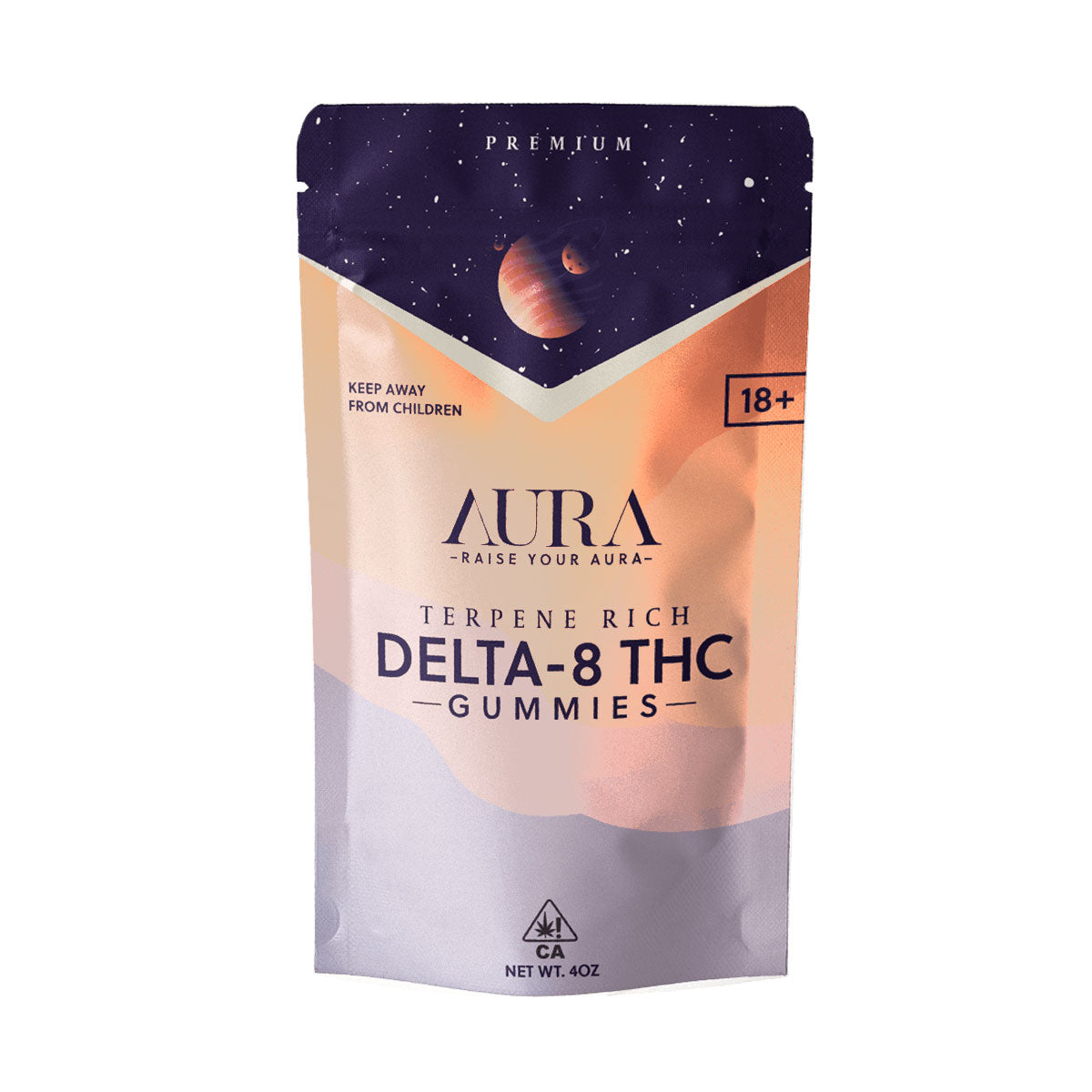Does Cannabis Help You Sleep? Exploring the Evidence
If you're tossing and turning at night, you're not alone.
With a growing number of people suffering from sleep disorders, it's no wonder many are turning to alternative treatments—cannabis being one of the most talked-about options. But does it really help you get those much-needed z's?
Let's dive into the research. Recent studies have sparked interest in the sleep-inducing potential of cannabis. Researchers are particularly focused on cannabinoids—active compounds found in the plant—such as THC (tetrahydrocannabinol) and CBD (cannabidiol). THC is known for its psychoactive effects, while CBD is associated with relaxation without the high.For those with insomnia, cannabis may offer hope.
Evidence suggests that THC can decrease the time it takes to fall asleep. Some users also report that cannabis use leads to a more restful night's sleep with fewer interruptions. In the context of pain-related sleep disturbances, like in conditions such as fibromyalgia or chronic pain, both THC and CBD have shown potential in providing relief, thus enabling better quality sleep.
However, the picture isn't all dreamy. The long-term impact of cannabis on sleep is still under scrutiny. Some studies indicate a decrease in sleep quality over time with regular use, and there are considerations regarding dependency and the possibility of a negative impact on sleep cycles.It's also important to consider personal stories. Anecdotal evidence from individuals who've turned to cannabis for sleep often paints a positive picture. For example, some report that cannabis has helped them reduce the use of conventional sleep medications, while others appreciate the lack of a "sleep medication hangover" the next morning.
In conclusion, while cannabis may hold promise for some sleep-deprived individuals, it's essential to remain cautious. The complexity of cannabis's effects on sleep necessitates further research. If you're considering cannabis for sleep, it's critical to consult with a healthcare provider to understand the potential benefits and risks for your individual health needs.Remember, a good night's sleep is a pillar of wellness, and exploring treatment options should always be done with care and professional guidance.
Check out our array of Doctor approved clinically studied cannabis product to improve your sleep.
FREQUENTLY ASKED QUESTIONS
CBD capsules, pills or softgels support your body’s Endocannabinoid System (ECS), which helps regulate your natural inflammatory response, stress response, immune function, and sleep cycle so you can better manage stress, burnout, irritation, and discomfort.
Each form of CBD takes a different route through your body, impacting how long it takes to interact with your Endocannabinoid System (ECS) and how long it takes to work varies depending on a combination factors: metabolism, weight, and whether you've recently eaten can influence how long it takes CBD capsules to take effect. It is important to note that CBD builds up in the body over time, meaning that committing to your daily suggested amount is key to the long-term success with your CBD product of choice. Try taking the recommended amount on the packaging for 30 days. You can always adjust the amount as needed — you know your body best.
Understanding the suggested amount of CBD for you starts with understanding how CBD interacts with the body and brain, and particularly with the Endocannabinoid System, also called the ECS. To learn more, checkout How Long Do CBD Capsules Take To Work?
CBD capsules and CBD softgels are best taken at a consistent level for you to understand what works best for you — you know your body best. Try starting with the recommended amount on the packaging, and monitor how you feel over the next 30 days. If you aren't satisfied with the results, try gradually increasing or decreasing the number as needed.
Selecting a CBD product is an individual decision based on your overall wellness goals. CBD capsules are easy-to-swallow pills similar to a vitamin so you don't need to guess how much to take. CBD oils, such as tinctures, commonly use carrier oils including olive oil or medium-chain triglyceride (MTC) from coconut or hemp seed oil which might not taste good. And let's face it, oils are a little messy, and measuring out a precise amount from a small bottle with a dropper might not be an easy task. Unless the CBD in a CBD oil has been optimized for bioavailability, CBD oils won't be absorbed by the body and all the benefits may not be felt.

